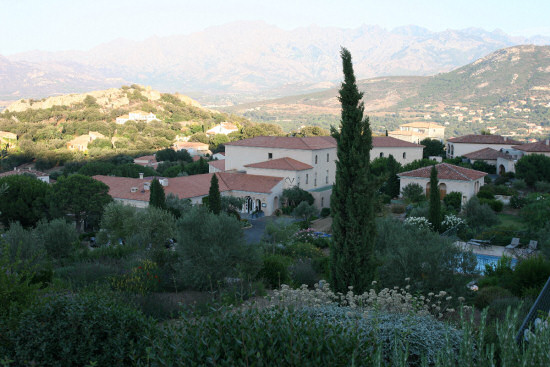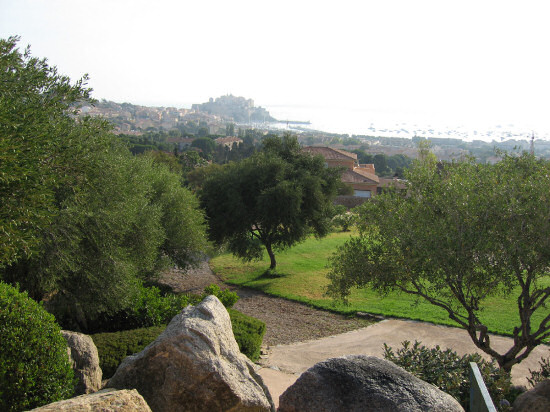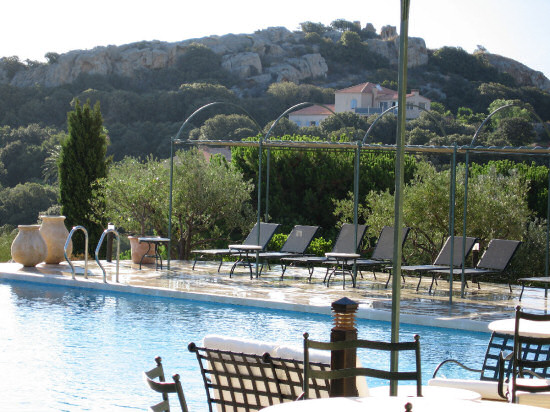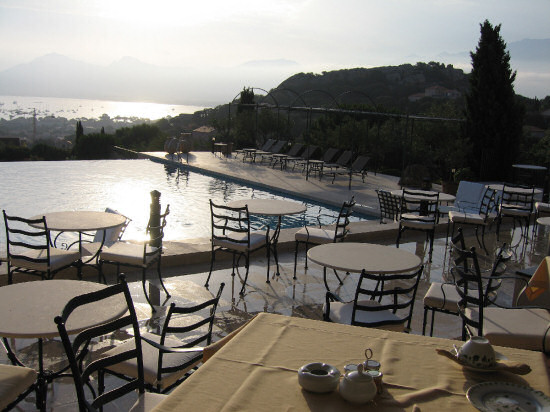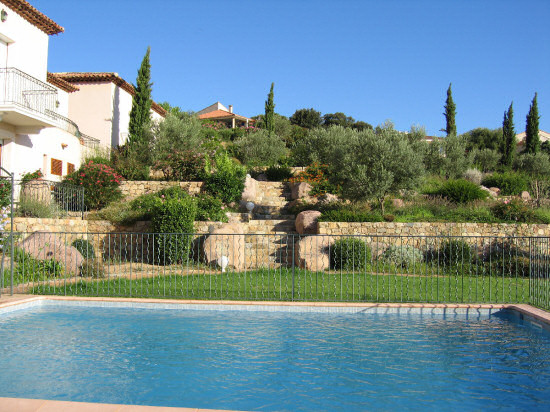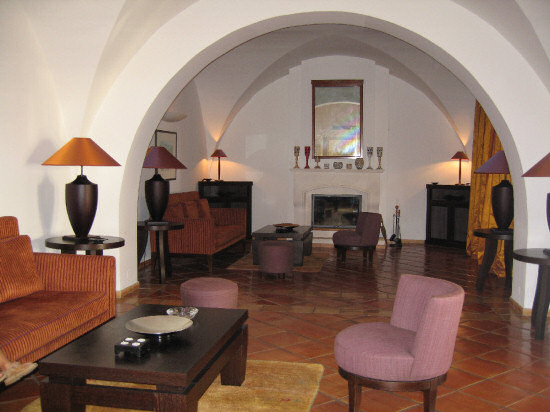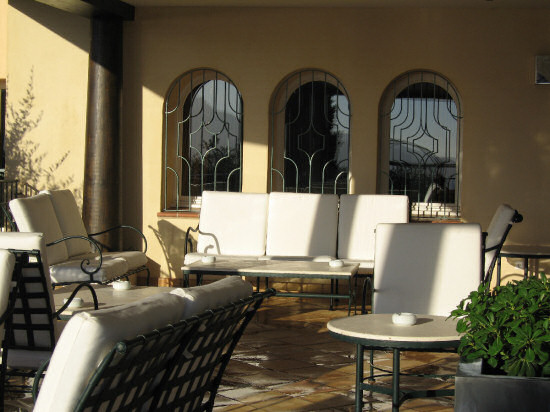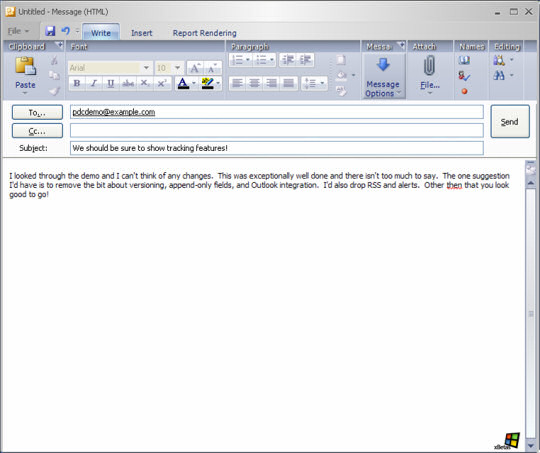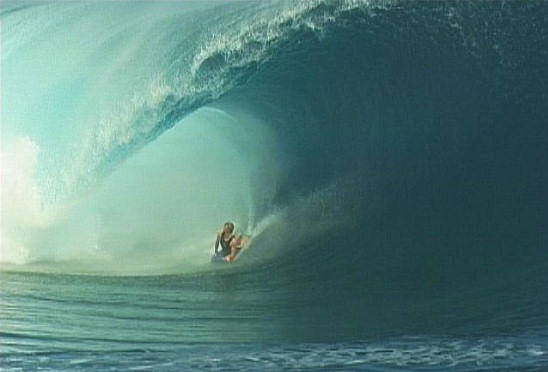[via Jeff Bussgang]
Again, a *great* post of Jeff Bussgang (have a look at his blog). It is crazy, I think that I am blogging each post of Jeff ;-)
Worth a read, it is about emotion in a start-up and what is the soul of a company. These inputs are remembering me some things…..
Emotion in a start-up
Entrepreneurs tend to approach start-ups with extreme emotional attachment beyond any rational borders, seeking the answer to the question: “Will anyone love and appreciate my [professional] baby (which, by the way, I hope makes me money so I can retire and get back to spending time with my family)?” Anyone who’s been involved in starting a company knows what an incredibly emotional adventure it can be. The ups and downs are incredibly exhilirating yet terrifying. One moment you’re king of the world, the next you’re afraid you’re going to run out of money, and then it flips again.
Soul of a company
You don’t have to be a religious person to appreciate that every start-up has a soul. Webster defines the word as “the immaterial part of a person”. The soul of a start-up is thus the immaterial part of the company that personifies its unique character and culture. The soul of a company typically comes from the founding team, although I have also seen it come from mid-level hires, often young, who so completely embrace the company’s mission that they begin to deeply eminate it in all of their activities.
I like very much the Jeff’s definition of the soul of a company: The soul of a start-up is thus the immaterial part of the company that personifies its unique character and culture.

